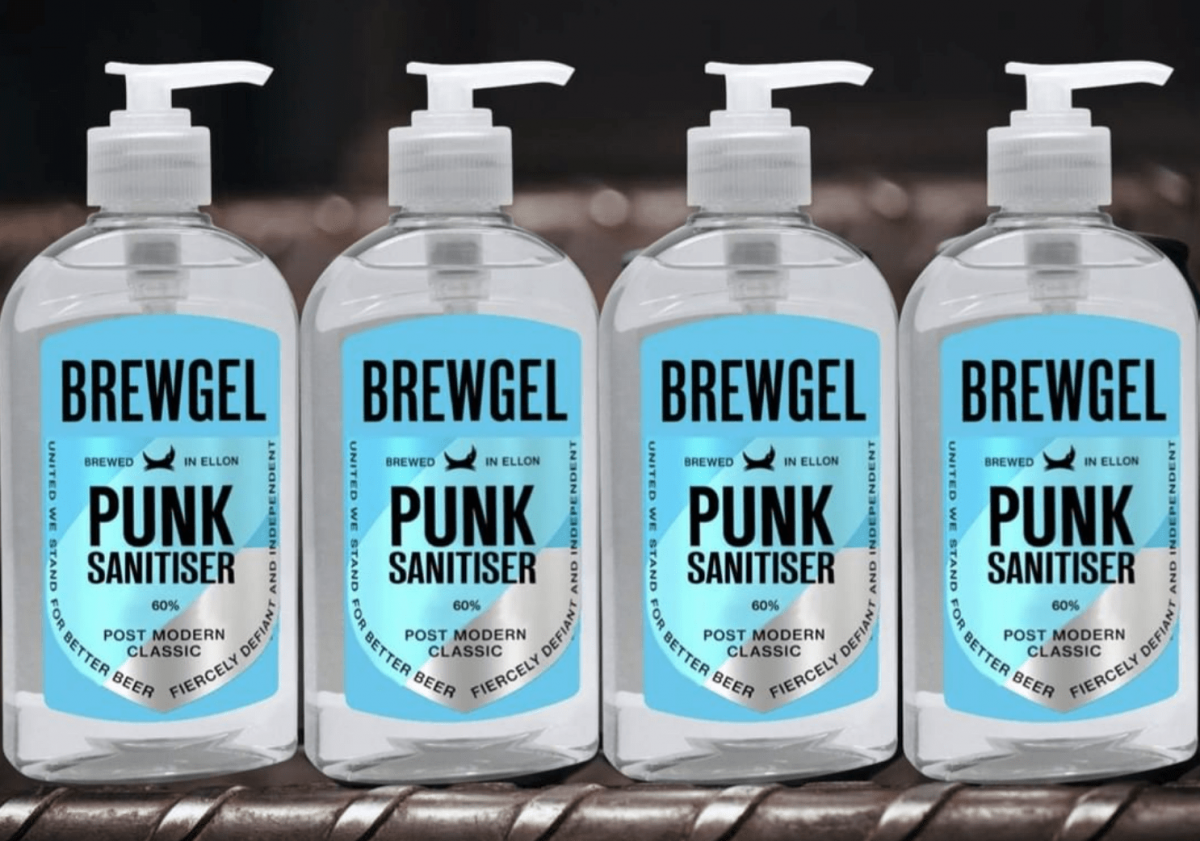We find ourselves in incredible times. On 1st January 2020, no one could have predicted where we’d collectively be three months into the new decade. A global health crisis appearing from nowhere, costing lives and straining the world’s already stretched health services. A terrible economic cost, with many jobs lost and businesses folding. There have been winners and losers, the majority losers with falling revenues for many products and services.
It may seem insensitive to talk about the brand building potential of these strange times. However, if Coronavirus has taught us one thing it is the importance of a healthy economy. When people stop moving and spending, jobs are lost and lives are impacted. If businesses and brands are successful, we all win. That’s capitalism!
“Chaos is a ladder” – Petyr Baelish, Game of Thrones.
Without sounding too heartless, the chaos caused by Covid-19 provides a huge opportunity for businesses. It is an opportunity to reinvent, redefine and reinvigorate, to stockpile that most important of commodities – consumer trust. Now is the time to lay the foundations that will determine whether a business will falter or flourish in the coming years and decades.
From media companies hit by fake news to FMCG brands tainted through association with damaging online content, the trust gap has widened in recent years, killing whatever customer loyalty existed. In a world where we are bombarded by advertising and marketing in different forms, how come only a handful of brands garner our attention? Hint: it’s to do with long-term thinking.
The shift towards marketing with real-world purpose has helped to a degree, but so often efforts have lacked authenticity or smacked of tokenism. However, a global crisis provides an opportunity to reverse this trend, with brands and businesses making a difference in the real world by showing altruism when people need it most.
The situation may look grim, but at some point, life will return to normal. As spring arrives, we’re already starting to see the shoots of recovery in China almost five months after the first cases were recorded in the country. When this happens in Europe, the Americas, Australasia, Africa, and other parts of Asia, it’s key for brands to be as prepared for it as possible. How? Not by planning the next ROI driving campaign, but by building their brand now through meaningful campaigns.
Some excellent research carried out in the past couple of weeks provides a useful road map. Kantar’s COVID-19 Barometer surveyed 25,000 people across 30 markets between 14 and 23 March, providing a guide to what people want to see brands do during times of crisis. The most popular response is telling: “look after your employees and help national and global efforts where possible.” Some 78% of those surveyed expect companies to worry about their employees’ health, and to favour flexible working. Meanwhile, 41% are looking for support for hospitals, and 35% help for government. The second message is that brands shouldn’t just do good stuff, but also talk about how they are being helpful (77%), inform people about how they are reacting to the new situation (75%), and offer reassurance (70%).
Will brands that act well during these times see tangible business results? According to GfK’s poll of 1,000 US consumers, 73% of those surveyed say the way companies act during the crisis will affect future purchase decisions.
There are already some great examples. Making a direct impact on people’s physical health, a number of alcohol brands, including BrewDog, Psychopomp Microdistillery, 58 Gin and Verdant Spirits in the UK are manufacturing hand sanitiser gel from denatured alcohol and giving it to hospitals for free. Dyson is manufacturing much-needed ventilators.
FMCG giant Unilever has committed €100 million to curtail the spread of the virus through the donation of soap, sanitiser, bleach, and food to help protect the lives and livelihoods of consumers, suppliers, and its workforce. To help the world’s worst-hit country, Vodafone Italy has launched a campaign filmed entirely from the crew’s homes which simultaneously shows the importance of connectivity and raises money for The Red Cross. Even the Royal Mint is getting in on the act, using its manufacturing facility in South Wales to make medical visors to protect frontline care workers, spurred on by its engineers who kept to help the NHS. And who can’t love Joe Wicks and his morning, online PE lessons?
Not every business can support the healthcare effort, so others are devising innovative ways to keep up the spirits of the global population in not-so-beautiful isolation. Uber Eats lifted delivery charges and has offered discounts on food deliveries, helping people on lockdown and struggling restaurants. BrewDog has created a virtual pub to bring people together and promote social distancing, while restaurant chain Chipotle is hosting virtual lunch hangouts.
What all these examples have in common is they actually make a difference. All will be feeling the impact of the lockdown themselves, yet they show people their conscience. Building trust in this way will drive future recovery and long-term success. Employee morale should not be underestimated either.
These extraordinary times require an extraordinary response. Businesses and brands face scrutiny and rightly so. Rise to the challenge and brands can build a platform of trust that will prove invaluable in the future. The world won’t forget those that did what they could when the chips were down.
Vaughan Edmonds is a Planner at global brand experience agency Sense.

